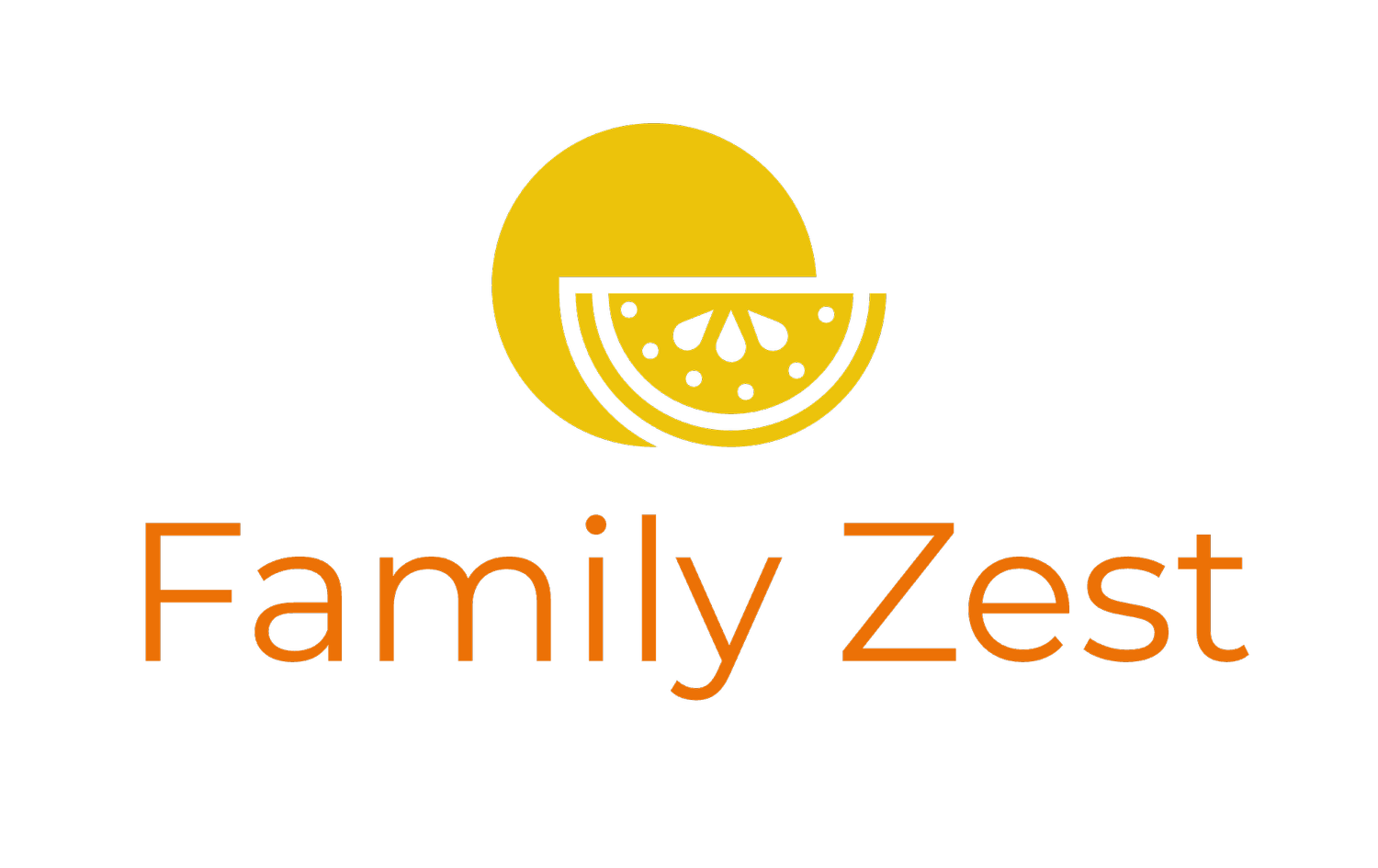📣 Cooperation without whistles and bullhorns
When I started my first job as a 19-year-old Summer camp director, I was thrilled...and needed to get 249 children to follow my lead.
My well-meaning predecessor handed me a whistle and battery-operated bullhorn. It had sirens and an obnoxious air-horn feature built in.
I looked sideways at him.
"I'm not going to need those," I replied calmly.
He snorted and clapped me on the back. "Good luck, then." And walked out the door to retirement.
I knew my best bet—and necessary allies—would be found in befriending the high-energy boys. I wanted to channel their energy, not compete with it!
My first move was to give them leadership roles, parcel all the kids into several smaller groups, and pair each rough-n-tumble, high-volume kid with a college-age camp counselor.
I gave them each a YMCA-branded Assistant lanyard and let them know I was counting on them.
This helped camp staff trust that I was tracking the kids who tended to disrupt, interrupt, or erupt—so they didn't have to stress about doing it solo—and oriented these kids to me as the leader straight away.
I still had no over-arching plan for running the camp. But I'd let the kids know I saw and heard them. That was a good start.
We still had to call parents a few times. And I increased the responsibilities of our newly-minted Assistants on field trips, just to keep them on their toes and made sure I was checking in with them more often—before shenanigans showed up. I even got to sit at a special table with them for lunch—which I loved.
But I never had to kick anyone out of camp. And they never, ever lost their swim time. Because I needed them regulated...and tired!
Our highest-flying kids always had the job of leading small groups back from the playground and starting up our camp songs—loudly, with LOTS of gusto! And most of my staff came back the next year.
One of my teachers, Robyn Gobbel, frames it like this:
Changing how we see people, changes people.
My early version was: Energy flows where our attention goes.
Both my staff and the camp kids knew I adored them. Even the ones I struggled to enjoy. I did my best to notice what had their attention, so I could piggy-back on it.
This frame has the power to shift EVERYTHING in our interactions.
Holding the assumption that kids do well when they can opens up a whole new menu of options for intervening and leading with intention.
It means we see them struggling, instead of struggling to get them to change.
Because when we see kids as difficult, irritating, and uncooperative, that sets them up to be just that. They don't know HOW to shift into what they can't yet see or do—especially under stress. It's our job to set them up differently.
Subscribe to my newsletter here to read more about the tips and tools I’m constantly creating to follow through on this way of seeing and hearing kids!
